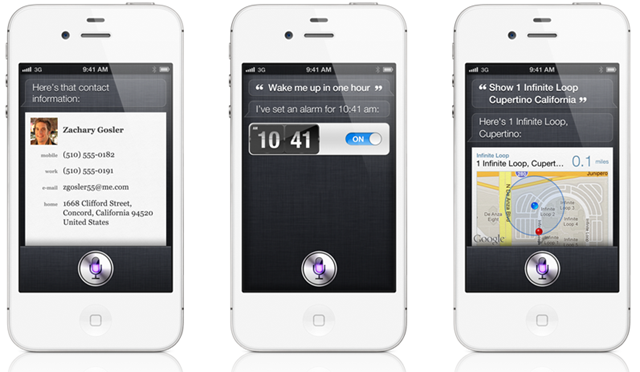Apple has reached a settlement as part of a class-action lawsuit that was filed in 2015 due to iPhone 4S users suffering from poor performance after upgrading to iOS 9. The lawsuit, filed in New York and New Jersey, dragged on for six years after which Apple has finally agreed to settle by paying $15 each to select iPhone 4S users.
In its iOS 9 update, Apple had introduced Metal API and claimed that apps will make more efficient use of the CPU and GPU, which would result in improved performance. One of the devices supported by iOS 9 was iPhone 4S, however, the actual reality was far different. After upgrading, users realized that instead of improved performance, iOS 9 significantly slowed down their devices. Apple was accused of falsely marketing that iOS 9 enhanced performance.

iPhone 4S users in New York and New Jersey would be eligible for $15 payment from Apple as part of settlement
As part of the settlement, Apple will be allocating $20 million to pay iPhone 4S users $15 each in New York and New Jersey, where the lawsuit was filed. These users would have to submit a declaration that they download iOS 9 on their iPhone 4S and experienced slow performance. Such users will be able to apply for the $15 payment per iPhone 4S.
Apple will create a website where users will be able to submit their information, including their contact details and iPhone 4S serial number, if it is still available. Based on that, eligible users would receive the payment. However, as the iPhone 4S serial number would be optional, it is unclear how Apple would be able to quality users if they actually faced an issue with iOS 9 on their device.
From a customer perspective, iPhone 4S was released in 2011. It is highly unlikely that even users who held on to an iPhone 4S in 2015, when the class-action lawsuit was filed, would still have their device.
This is not the first time that Apple has faced issues with releasing a software update that impacted the performance or battery life of iPhones. The company has been at the receiving end of many lawsuits regarding throttling the performance of iPhone models around the world. This led to the term “planned obsolescence”, as users claimed that Apple was purposefully slowing down older iPhones to force users to upgrade.
Read more:
- Apple to pay $3.4 million after settling iPhone planned obsolescence lawsuit
- Apple accused of throttling newer iPhones on iOS 14.5 by Organization of Consumers and Users in Spain
- Apple faces class-action suit over iPhone throttling in Italy
- Apple faces lawsuit over iPhone 6 throttling issue in multiple European countries